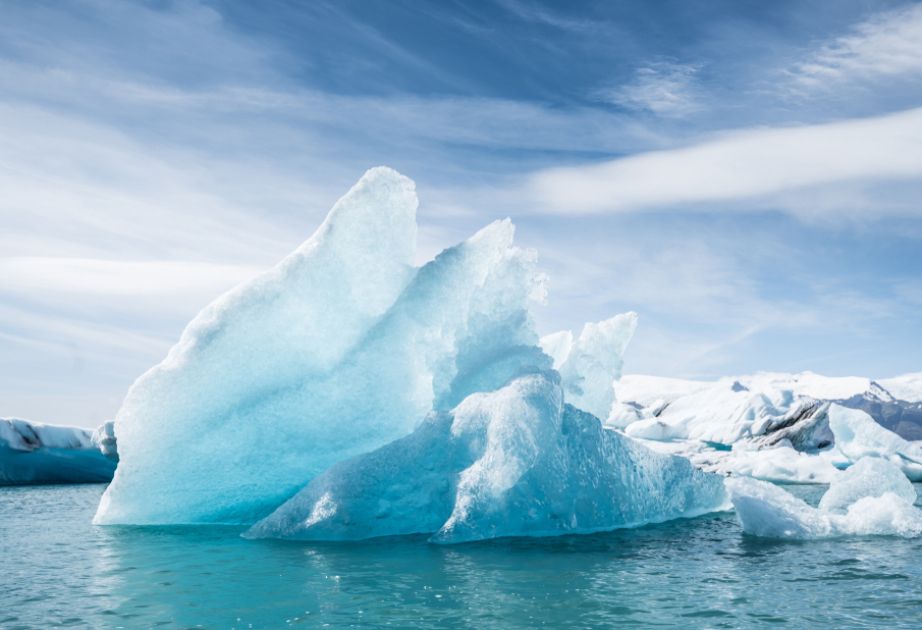Global Glacier Crisis: UN Declares Action for Preservation
The United Nations has declared March 21st as World Day for Glaciers, marking the urgency of the global glacier crisis. The year 2025 will be recognized as the International Year of Glacier Preservation, aimed at mobilizing global action to address the alarming ice loss impacting millions worldwide.

As glaciers around the world experience unprecedented melting, the United Nations has stepped up efforts to combat this environmental crisis. According to a recent UN report, the past three years have recorded the largest glacial mass loss to date, totaling a staggering 9,000 gigatons since 1975. The UN's declaration of March 21st as World Day for Glaciers, along with the announcement of 2025 as the International Year of Glacier Preservation, underscores the urgency of this issue.
Climate Crisis and Urgent Action
The accelerated melting of glaciers has resulted in significant environmental, economic, and social ramifications. Five of the last six years have been marked by record glacier losses, with 2024 alone accounting for 450 gigatons of mass loss. Experts warn that if current trends continue, many glaciers could vanish within this century, further exacerbating the crisis.
Glaciers globally store approximately 70% of the world's fresh water, making their preservation critical. The rapid decline in glacial mass has already contributed to an estimated 25 millimeters of sea-level rise, with projections indicating an additional millimeter each year. This rise puts millions at risk of devastating floods, particularly in vulnerable regions dependent on glacial runoff for agriculture and hydroelectric power.
The Role of Glaciers in Ecosystems
Glaciers serve as natural reservoirs, gradually releasing fresh water that sustains vital rivers, such as the Ganges, Yangtze, and Amazon. These glacier-fed rivers are crucial for irrigation, energy production, and supporting ecosystems. However, rising temperatures are disrupting this delicate balance, leading to erratic water flows and increased flooding risks.
The expanding glacial lakes in regions like the Himalayas pose further hazards, including glacial lake outburst floods. Such events threaten communities living in these mountainous areas, where over 260 million people rely on stable water resources for their livelihoods. A recent incident in Nepal's Khumbu region highlighted the dangers posed by these outburst floods, resulting from rapid glacier melting.
Global Collaboration for Preservation
As part of the International Year of Glacier Preservation, the UN aims to foster international scientific collaboration and educational campaigns to raise awareness and drive action. UNESCO will play a pivotal role in these efforts, contributing to scientific research and advocacy initiatives.
Experts emphasize that preserving glaciers is not merely an environmental imperative but a survival strategy for future generations. Each tenth of a degree of warming avoided could prevent an additional 2.5 millimeters of sea-level rise, safeguarding hundreds of thousands from annual flooding.
Conclusion
The glacier crisis demands urgent and coordinated global action. As we confront the challenges posed by climate change, the preservation of glaciers becomes critical for maintaining fresh water supplies, protecting ecosystems, and mitigating the risks of natural disasters. The upcoming International Year of Glacier Preservation serves as a pivotal opportunity to mobilize efforts aimed at safeguarding these vital resources for generations to come.
What's Your Reaction?














